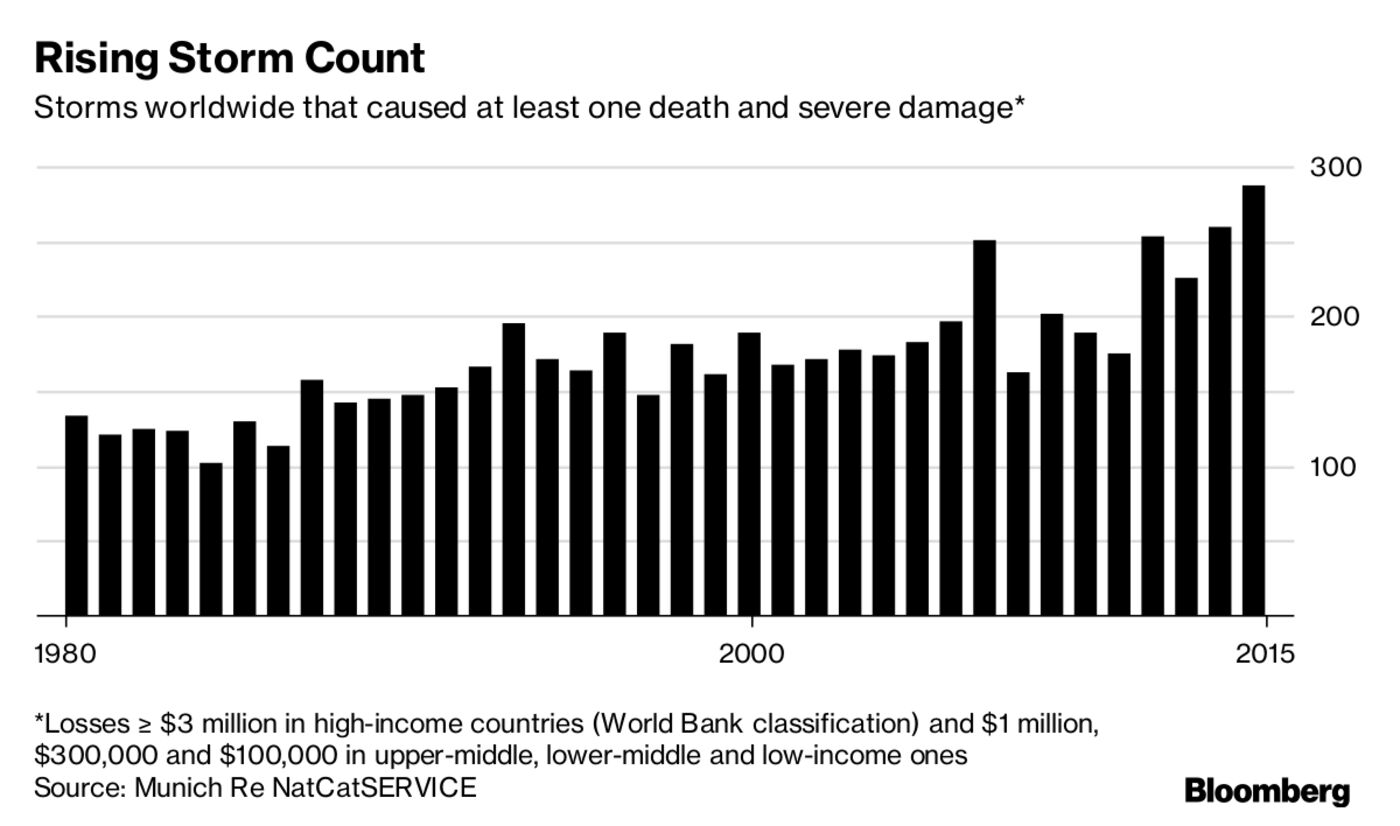Categories:
Energy
/
General Market Commentary
Topics:
General Energy
/
General Market Commentary
French Tycoon Bets Global Warming Will Spur Nuclear Comeback
French tycoon Dominique Louis is doubling down on atomic power, betting that global warming will foster a nuclear renaissance.
Three months ago, his nuclear engineering group Assystem SA sold 61 percent of its automotive and aircraft business for 400 million euros ($472 million). Louis used the proceeds to buy back some of the company’s shares and acquire 5 percent of French nuclear reactor maker Areva NP for 125 million euros.
While France is cutting its nuclear dependence, the Assystem chairman and chief executive officer believes atomic energy will be back in vogue as the cost of climate change mounts. Louis expects Electricite de France SA to build 20 to 30 new reactors to partially replace its aging fleet as intermittent supply and local opposition to wind farms limits renewable capacity.
“My bet is that we’re going to start having climate accidents, and that public opinion will turn around very quickly,” Louis, who controls 61 percent of Assystem, said in an Nov. 29 interview at his Paris office. “Nuclear, alongside renewable energies, is the best way to replace coal.”

Doubts about the future of nuclear power in France have proliferated in recent years. The state was forced to bail out Areva’s near-bankrupt parent company after delays and cost overruns at a nuclear plant it’s building in Finland, and as demand slumped following the 2011 Fukushima catastrophe in Japan. The government has a stated goal of reducing atomic power to 50 percent of France’s electricity output by as early as 2030 from 72 percent last year.
The market reaction to Louis’s strategy reflected this. Assystem shares fell 12 percent in the two days following the initial announcement in May and the stock remains almost 9 percent below the buyback offer that ended on Dec. 14.
While more stringent safety requirements following Fukushima are pushing up costs, Bloomberg New Energy Finance predicted in June that atomic energy will still rank third for investment behind wind and solar power by 2040. Half of the $1.4 trillion of nuclear investments will go to China, with the rest spread across Europe, India, the Middle East and Africa.